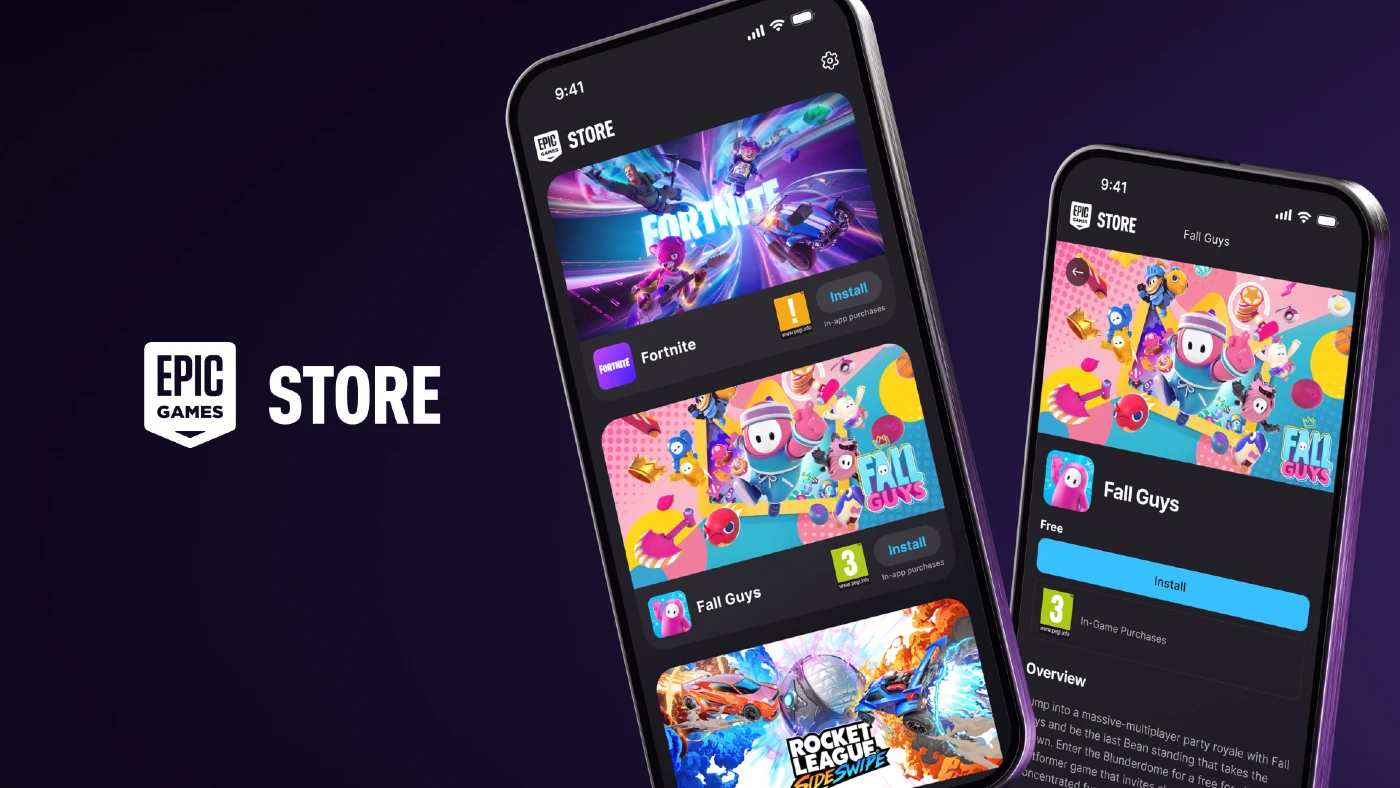Epic Games today launched a rival app store for iOS in the European Union, marking the first time Apple’s own App Store has had to face competition.
The Epic Games Store will initially offer Epic’s games, including Fortnite, for users to download onto their iPhones, with plans to start onboarding third-party developers’ games beginning in December.
Epic says its app store will take a maximum 12 percent commission on sales, undercutting Apple’s App Store, where fees can reach up to 30 percent.
Speaking to reporters on Wednesday, Epic CEO Tim Sweeney hailed the arrival of the Epic Games Store to iOS as a way to fix the “largely broken” mobile gaming industry.
“Competition wouldn’t crush Apple’s App Store,” he said.
“It would force Apple to compete with better prices and with better features and better promotions and better marketing deals and less advertising.”
Epic is making use of a new EU regulation known as the Digital Markets Act (DMA), which forces tech giants to make changes to give rivals more access to their closely guarded communities of users. In Apple’s case, that means the company has to allow alternative app stores onto European devices.
“The European example shows that this kind of regulation can have teeth and can succeed,” Sweeney said, adding that this can be a template for other regulators.
Apple has changed its business terms for European developers four times this year as it attempts to dodge EU fines for failing to comply with the DMA—penalties that could amount to up to 10 percent of Apple’s global revenue—while implying that alternative app stores are a security disaster waiting to happen.
Epic has spent hundreds of millions of dollars in legal fees fighting Apple in court, Sweeney said. That, he added, is on top of the lost revenue incurred when Apple banned Fortnite from its App Store in 2020. Yet Sweeney said he thought all the expense was worthwhile: “There’s really no price that isn’t worth paying for freedom for all developers in the future of gaming.”



